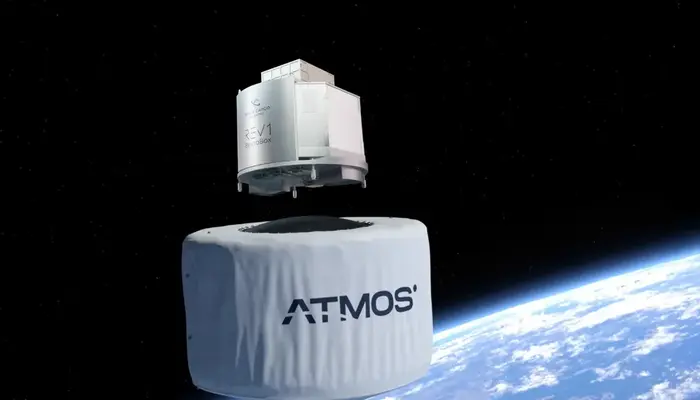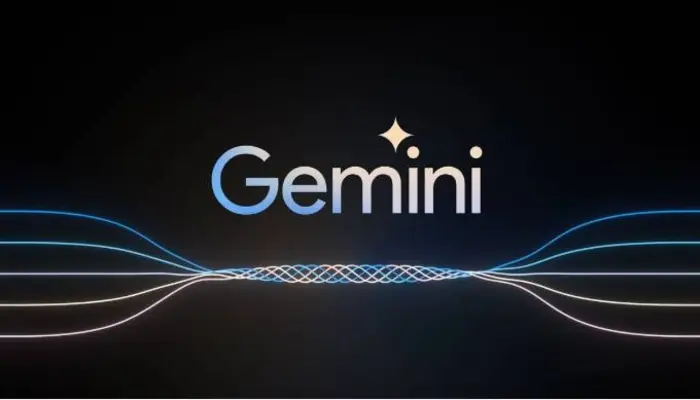Atmos to Launch Its First Cargo-Return Capsule on SpaceX

German startup Atmos Space Cargo is set to test its Phoenix capsule, a new cargo-return technology, in orbit this spring. The company announced that its first Phoenix capsule will launch aboard SpaceX’s Bandwagon 3 rideshare mission, scheduled for no earlier than April. This mission marks a crucial step toward making space-based manufacturing and research more viable by providing a cost-effective way to return materials from space.
A Game-Changer for Space Cargo
Phoenix is designed to safely return high-value products from space, with a strong focus on the biomedical sector. Currently, launching experiments into space has become easier and cheaper, but returning them to Earth remains a challenge. The high costs, long wait times, and unreliable return options create barriers for companies and researchers working on monoclonal antibodies, stem cells, organoids, and protein crystallization.
Atmos aims to solve this problem by offering a dedicated cargo-return service that is affordable, reliable, and operates on a regular schedule. With Phoenix, scientists and businesses will be able to retrieve materials from space more efficiently than ever before.
Innovative Capsule Design
Phoenix will re-enter Earth’s atmosphere using an inflatable atmospheric decelerator (IAD). This technology serves both as a heat shield and a parachute, ensuring a controlled descent. The first version of the capsule can carry up to 220 pounds (100 kg) of cargo, but future models will be able to transport several tons. This scalability could eventually allow the retrieval of large objects, such as rocket stages and military spacecraft.
Read: Samsung Starts Shipping Galaxy S25 Series Ahead of Launch
Testing the Technology in Space
The upcoming Bandwagon 3 mission will serve as Phoenix’s first in-space trial. The capsule will carry four payloads, including:
- A radiation detector from the German space agency DLR
- A bioreactor from the UK-based company Frontier Space
Atmos has outlined three main goals for this test flight:
- Gather performance data from Phoenix and its onboard systems.
- Collect information from customer payloads.
- Deploy and stabilize the inflatable decelerator during reentry.
However, Phoenix is not expected to survive the mission. This test will primarily serve as a learning opportunity to refine the technology for future iterations.
The Future of Space Cargo Return
Atmos is not alone in this field. Other companies, such as California-based Varda Space, have also been working on space-return technologies. Varda successfully tested its capsule in 2024, bringing back space-grown crystals of the antiviral drug Ritonavir.
However, Atmos believes Phoenix will offer better efficiency, delivering more cargo per unit of capsule mass than its competitors. The company sees this as a crucial advancement for reusable, cost-effective, and reliable cargo return—a key requirement for future space development.
With this mission, Atmos aims to revolutionize space transportation, making it easier for industries to benefit from the unique advantages of microgravity research and in-space manufacturing.
Follow us on Google News, Instagram, YouTube, Facebook,Whats App, and TikTok for latest updates












